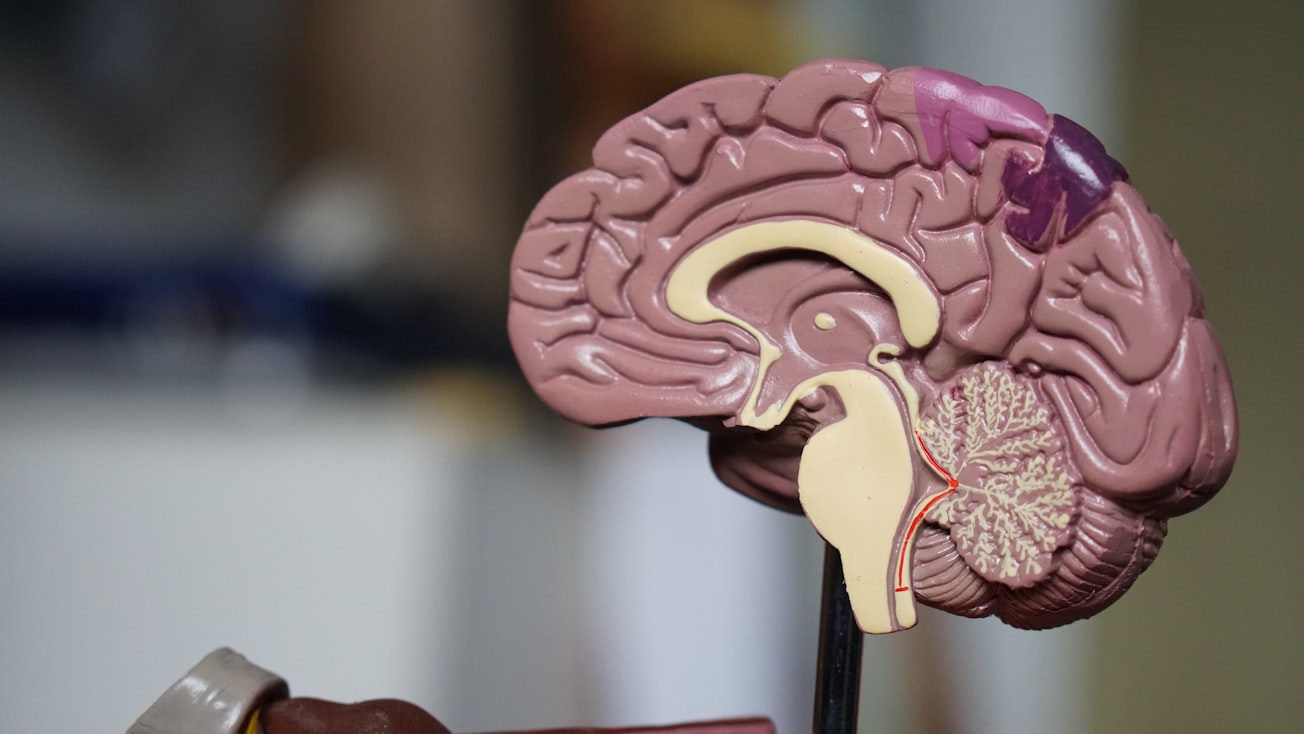What is it about?
The large majority of tests for cognitive impairment rely on the patient's ability to see the test; however, many older adults that may have mild cognitive impairment may also have some age-related vision loss. In this study, we examined how the test could be adapted to be more visible.
Featured Image

Photo by Robina Weermeijer on Unsplash
Why is it important?
Mild cognitive impairment and vision loss may masquerade as each other, and it can be difficult for clinicians to separate their effects. With the aging of the population, this ability to segregate the effects of vision- versus cognitive impairment becomes more important in order to determine proper care and referral for services.
Perspectives
This was my first experience with the use of neuropsychological tests. In retrospect, this was the beginning of my training for my current work with the evaluation of cognition in order adults with combined vision and hearing loss.
Dr Walter Wittich
Universite de Montreal
Read the Original
This page is a summary of: The effect of age-related macular degeneration on non-verbal neuropsychological test performance, International Congress Series, September 2005, Elsevier,
DOI: 10.1016/j.ics.2005.05.151.
You can read the full text:
Resources
Contributors
The following have contributed to this page







